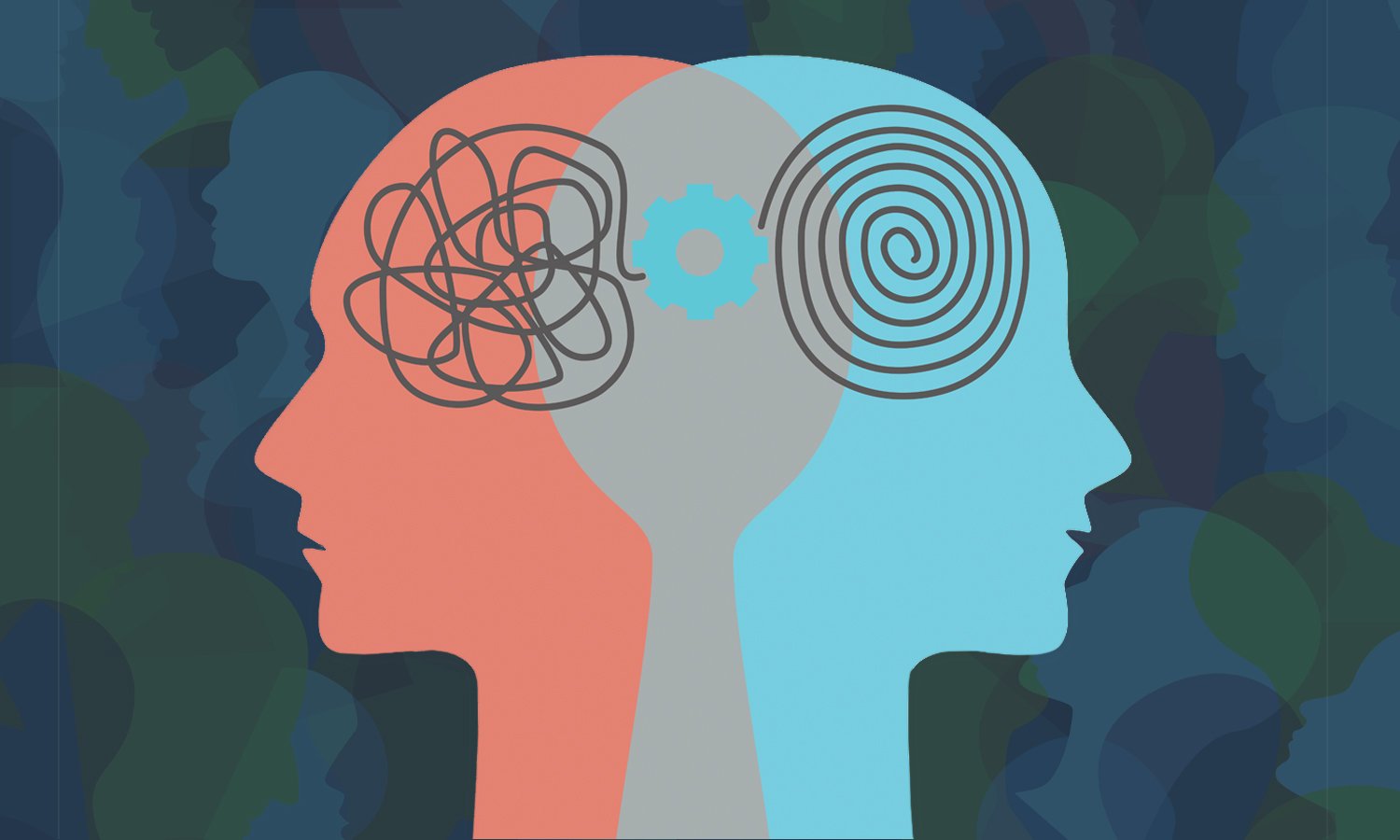Autism support, no brain implant required
Just a few days ago, the FDA gave the green light to Elon Musk’s Neuralink, allowing the company to begin testing its brain implant in people.
Brain-computer interfaces (BCIs) like Neuralink are designed to allow people to control machines using their thoughts. The first trials of Neuralink are focused on a BCI that would allow people with paralysis to regain control of their limbs.
Few could argue that regaining the use of limbs after a spine-crushing injury or stroke is a positive impact. But what about some of the other ambitions Musk has for Neuralink, which he said would “solve autism”?
Autism, defined
Autism represents many neurodevelopmental conditions. Simply put, the differences in the nervous systems of autistic people can result in challenges with social interaction and communication. In other words, autism is a difference of brain structure. As it is not a disease, there is no cure.
ASD presents differently in every person affected by it. Some people will be obsessed with one activity or interest while others are hyperactive, unable to sit down and focus on one activity. Communication struggles are common, but not ubiquitous, and again, every person presents uniquely.
Brain implants as ableist technology?
Even if a BCI could improve cognition, reduce overstimulation or obsessive qualities or alleviate anxiety or other conditions, the health risks for implantation are immense (and don’t get us started on how many laboratory animals died due to “complications” in Neuralink’s laboratory animal on animals).
Neuralink claims its BCIs could enhance cognitive abilities, such as attention and memory, and ultimately allow humans to have telepathy or interact with artificial intelligence (AI).
Sounds good to some and nightmarish to others. Either way, Neuralink sounds like science fiction . However, there are already brain implants being used to address some of the symptoms and behaviors associated with autism.
Deep Brain Stimulation (DBS). DBS is an invasive procedure that implants electrodes into brain tissue. The electrodes are then connected to a pacemaker-like device placed under the skin in the upper chest that generates pulses of energy.
Whether Musk’s Neuralink turns out to be next-level DBC or remains science fiction, one thing is true: bias and ableism have been encoded or “learned” by AI, so how safe is any marginalized person?
Real science, right now, In Real Life
IRL Social Skills was created with a dollar and a dream by Mara McLoughlin. Unlike Elon Musk, Mara is an expert on the subject of autism, having spent more than 12 years as a speech language pathologist and autism evaluator in the public school system.
While she enjoyed working with her students and their families, Mara identified a huge unmet need in youth transitioning from primary to secondary school or beyond. Services just didn’t exist for teens or young adults. This realization is what led Mara to create IRL Social Skills.
“It’s heartbreaking to know high school students who have never been to a birthday party. Or to watch a young, creative, energetic adult who just can't get hired because their "soft skills" are not on par with corporate expectations. I created IRL Social Skills to help young people with an invisible disability live their best life.”
We are unabashedly neurodivergence-affirming at IRL Social Skills. We abide by the understanding that autistic people aren’t “broken”, they’re just different. Some of those differences can be positive and lend themselves to amazing creativity and talent while others present challenges—particularly with sensory sensitivity and social and communication skills.
Effective autism support, no implant required
We teach the PEERS curriculum because it is the ONLY evidence-based intervention proven to work. This isn’t our personal opinion. PEERS has been the subject of dozens of peer-reviewed studies and research highlighting its efficacy.
Students who come through our program have varying support needs. Not all are autistic. We don’t require a diagnosis. If a family or individual comes to us and tells us they have trouble connecting with people, or are being bullied, or experience difficulty communicating with other neurotypes, we are ready to work together. And even though our classes happen online, the experience is immersive, with parents or caregivers and peer participation.
Simply put, our program works at enhancing and improving the social, relational, and communication skills for both autistic and non-austistic people alike. No brain implant required.
We aren’t in the business of curing autism. We are in the business of supporting autistic individuals and their families, empowering and educating them to navigate the social world with greater ease and confidence. We are all for the development of new technologies that improve one’s quality of life, however, let’s not forget how healing unconditional positive regard, connection and community support can be.
What’s your take on Neuralink as an autism treatment? We’d love to hear your thoughts! Drop us an email at info@irlsocialskills.com and let us know what you think.

